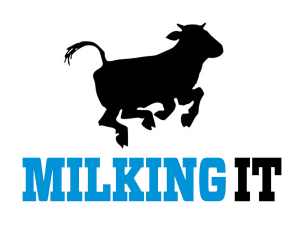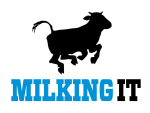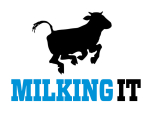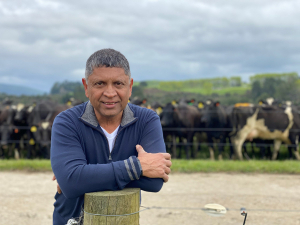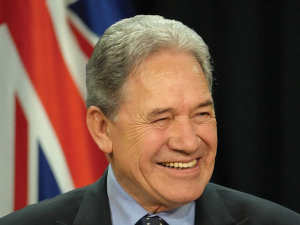Unsurprisingly, Greenpeace has jumped in, claiming this is clear evidence that lowering cow stocking rates works to cut climate pollution and harping that lowering stocking rates is the simple answer to our climate change woes.
However, what the statistics really show is improving efficiency within the dairy industry. Our farmers are milking fewer cows but still producing the same amount of milk, thanks to better genetics and on-farm practices.
And over time, with new science and technology and even better genetics, our emissions will be lower. No one is buying the activists' suggestion to lower stock numbers.

